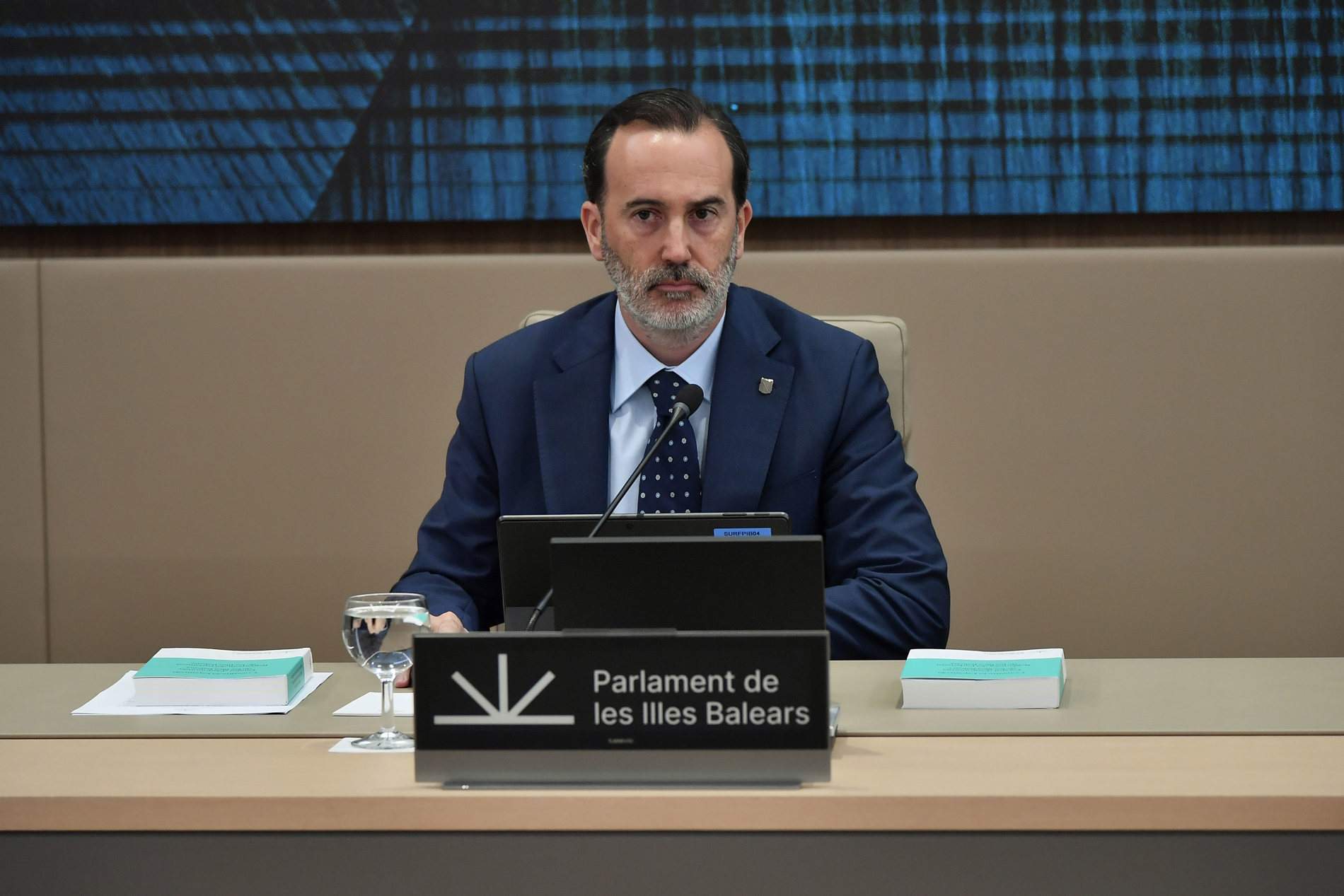The controversy surrounding the speaker of the Parliament of the Balearic Islands, Gabriel Le Senne (Vox), after he tore a photograph of Aurora Picornell, a victim of the Franco regime, has unleashed a political storm in the islands, and may have legal consequences. Pedro Sánchez's Spanish government intends to take the case to the public prosecutors and file a complaint for a possible hate crime. This was announced by Ángel Víctor Torres, minister of territorial policy and democratic memory, before appearing in the Senate's constitutional committee. "From the ministry, the facts will be passed on to the prosecutor's office to see if they may constitute a hate crime or any other category of crime", he declared to the media when he arrived at the Senate's constitutional committee, where he was, in fact, due to appear to give explanations of the performance of his ministry in the area of democratic remembrance.
Possible penalties are being considered
The Spanish government has taken this decision, as Torres explained, after the legal services of the ministry analyzed the actions of Le Senne in the session of the Balearic Parliament last Tuesday, in which he called for order and expelled two Socialist deputies, both of them also members of the procedural Bureau, for displaying photos of Spanish Republicans murdered during the Civil War, and in the end, tore in two an image of the trade union activist and seamstress Aurora Picornell. As well, the minister Torres pointed out that possible penalties are being studied within the democratic memory law, apart from the fact that the Socialist group in the Balearic Islands may also pursue some another type of response against the action by the speaker of Parliament, such as a reprimand or even a request for a sanction from the Bureau.
Unanimous repudiation
It was, in fact, during the debate on Vox's proposal to repeal the Balearic Islands law of democratic remembrance held on Tuesday, that Gabriel Le Senne ripped a photograph of Aurora Picornell which was leaning against the laptop of the deputy speaker of the chamber, the Socialist MP Mercedes Garrido. This occurred just as Le Senne announced her expulsion from the chamber, along with her colleague Pilar Costa, for refusing to remove photographs of victims of the Franco regime. The violent action of the Vox politician received an avalanche of criticism, not only from the opposition and the Balearic Islands public, but more widely across the Spanish state. The following day, the media staff of the speaker of the Balearic Parliament issued a statement justifying the action of the president, calling the action of Garrido and Costa a flagrant violation of the rules. In addition, he maintained that "the speaker tried to remove the image. It was in no way his intention to tear it up." Le Senne himself stated that he did not intend to destroy the image, but he justified the expulsion of Garrido and fellow Socialist deputy Pilar Costa for their "provocative attitude".
Sources in the Spanish executive have acknowledged to El Nacional.cat that the function of the speaker of a parliament is to maintain order in the debates, and not to generate more tension through violent actions. In fact, the minister Torres himself asserted to Le Senne that his role is not to "make partisan political interventions", but to moderate and ease the tension". Although Le Senne tried to justify his behaviour, his action was recorded, as minister Torres himself points out. "Last Tuesday's action was seen by everyone, and the prosecutors will have to decide if it constitutes some kind of crime."
Laws of historical or democratic remembrance have been passed in Spain at both state and autonomous community level in the 21st century in a belated attempt to clarify facts and give dignity and redress to the many human rights violations that occurred during the Spanish Civil War in the 1930s and the four-decade Franco dictatorship which followed. Because of the country's "pact of forgetting" at the end of the Franco dictatorship in the 1970s, many facts never came out, and the passing of the laws has faced on-going opposition from the right.

